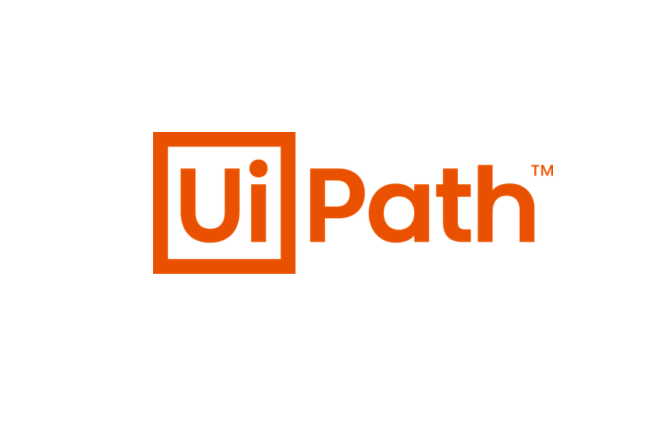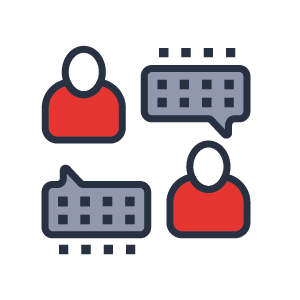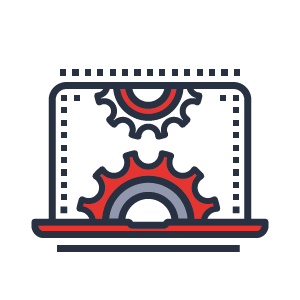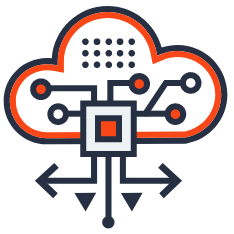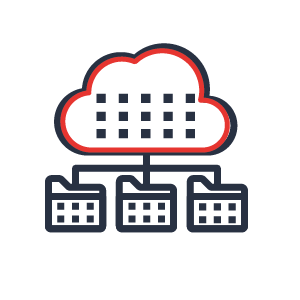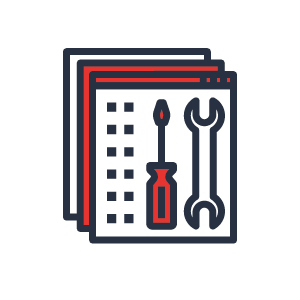We’ve given you a rundown of the most frequently asked questions around RPA, which is a great solution when you are looking to hand-off repetitive process oriented tasks to robots to complete with speed and accuracy, but what about when the data is unstructured or the process is not repetitive or rules based? here’s where Artificial Intelligence (AI) and Machine Learning (ML) come into their own, and combined with RPA can revolutionise your Business Process Management.
What is Artificial Intelligence (AI)
Artificial Intelligence describes a process in which machines learn how to learn. Computer systems imitate human intelligence by simulating intelligent behaviour based on specified or learned patterns. An AI system perceives its environment (such as by using cameras and sensors), recognises relationships, and derives actions from them.
What can AI do – and what is it not able to do?
Analysing images, evaluating data, identifying illnesses – when it comes to these tasks, artificial intelligence is, in part, already superior to the human brain. It also works without becoming fatigued and is able to respond within a fraction of a second. Thanks to these characteristics, AI is used in areas such as autonomous driving, driver assistance systems, and industrial applications. Collaborative robots, for example, can be trained in new tasks using sample data and machine learning. The limits of AI systems lie in direct interactions with people.
How does AI work with RPA?
Thanks to the increasing availability and affordability of machine learning, natural language processing and optical character recognition solutions (all different categories of AI), companies can now access the tools they need to sort, decipher and process.
Also, because RPA platforms integrate so well with other technologies, AI-enabled tools can be easily embedded into the process automation environment. This means that once the unstructured data has been transformed into structured data using AI capabilities, the standardised dataset can then be passed on to an RPA bot automatically.
How will AI benefit my business?
The powerful combination of AI and RPA can allow an organisation to process data from virtually any source across virtually any system. This includes information that is housed within multiple types of files and documents, including emails, PDF files, scans and photos.
By augmenting robots with cognitive abilities, a company can achieve end-to-end process automation. In other words, they can automate tasks that previously required human input. This means that workers are able to focus their time on projects that benefit from their unique skillset and expertise.
The result? The organisation is able to increase productivity and performance business-wide.
Watch this demonstration of how RPA and AI combine to deliver an automated solution for Credit Application, offering the following benefits:
- Fast track decision for the end user = 1 day approval (compared to >14 days via manual Caseworker)
- Reduction in caseworker efforts to carry out otherwise manual checks
- Improved user experience
- Reduction in manual entry error from case worker
- Opportunity to reallocate Caseworker to higher value tasks
- Uninterrupted service, runs 24/7
WATCH NOW…
What is Machine Learning (ML)
Machine Learning is a form of predictive Modelling. It is essentially the development and configuration of models from data with the goal of making predictions on new data.
How does Machine Learning ‘Learn’
At a high-level, algorithms learn by generalising from multiple historical examples, For example:
‘Inputs like this usually come before outputs like that.’
The generalisation, e.g. the learned model, can then be used on new examples in the future to predict what is expected to happen or what the expected output will be.
What technologies does Velocity specialise in?
Platforms we specialise in include (but are not limited to); UiPath, K2, Mendix, Netcall, Office 365, Dynamics 365 and Microsoft Azure technologies) – using our skills and experience with this software toolkit we help companies achieve bottom line efficiency, productivity and profitability improvements.
Who does Velocity work with?
Our clients include organisations such as CBRE, Zurich Insurance, the Ministry of Defence, Motability, Wales and West, Network Rail, Rolls Royce, MOD and many more.
Have you got a process that you want to trial?
rnIf you’re keen to understand more about how your business can get on with automating your mundane and time-heavy business processes with the assitance of RPA combined with the intelligence of AI and ML, then get in-touch.

